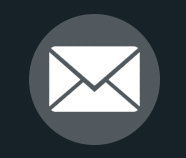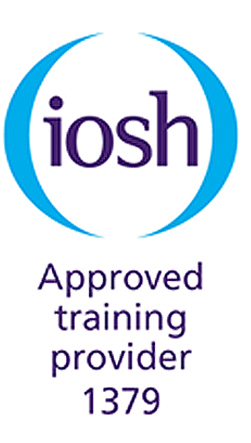
RIDDOR Reportable Accidents and Incidents
RIDDOR Reportable Accidents and Incidents – here’s our essential guide…
In the world of workplace safety, it’s crucial to grasp and handle incidents falling under the RIDDOR (Reporting of Injuries, Diseases, and Dangerous Occurrences Regulations) guidelines. Our guide is here to simplify and illuminate the key aspects of RIDDOR reportable accidents and incidents that every workplace needs to be aware of. For a more detailed look at all the regulations surrounding RIDDOR, please see the HSE website.
Understanding RIDDOR Reportable Incidents
RIDDOR reportable incidents are unexpected events that require formal reporting to authorities. There are four main categories: fatal accidents, major injuries, specified injuries, and dangerous occurrences. Getting familiar with these categories is essential for complying with regulations.
- Incidents occurring in the workplace resulting in fatal outcomes for both employees and non-employees, encompassing acts of physical violence, excluding suicides.
- Work-related accidents leading to specific severe injuries, categorized as reportable injuries. Refer to HSE for additional guidance on specified injuries. Additionally, it is mandatory to report accidents that cause an injury, rendering a worker unable to carry out their regular duties or be away from work for more than seven consecutive days (excluding the day of the incident).
- Confirmed instances of specific industrial diseases diagnosed, where it is likely they have been caused or exacerbated by occupational factors. For a comprehensive list of these diseases, consult HSE.
- Occurrences of a certain nature classified as dangerous incidents, representing situations with the potential to cause harm.
Spotting RIDDOR Reportable Incidents at Work
Effectively managing workplace safety starts with recognising what qualifies as a RIDDOR reportable incident. Maintaining awareness of these incidents is crucial for prompt reporting and subsequent preventive measures.
Taking Action: Reporting RIDDOR Reportable Incidents
When a RIDDOR reportable incident occurs, reporting promptly and accurately is a must. Only ‘Responsible persons’ should submit under RIDDOR. This involves notifying the right authorities through designated channels, making sure to include all necessary details. Efficient reporting is vital not only for compliance but also for initiating investigations or corrective actions promptly.

Guidelines for Reporting
The process and timing for submitting a report under RIDDOR depend on the nature of the incident:
- For fatalities, injuries, and dangerous occurrences, it is crucial to notify the authorities promptly, using the quickest practicable means. A comprehensive report should be submitted within 10 days.
- Accidents resulting in worker incapacitation for more than seven days necessitate reporting within 15 days from the incident’s occurrence.
- In the case of diagnosed occupational diseases, a report detailing the diagnosis should be sent without delay.
All reports are directed to the HSE and can be conveniently submitted online using the appropriate RIDDOR form. Once filled out, the form is directly submitted to the RIDDOR database, and you will receive a copy for your records. Retaining this copy is mandatory for at least 3 years after the accident date, but it is recommended to keep RIDDOR records for 5-6 years to allow for potential civil litigation. A telephone reporting system remains available for reporting fatal and specified injuries, accessible by calling the Incident Contact Centre on 0845 300 9923 (Mon-Fri 8:30 am – 5 pm).
Documentation Requirements
It is essential to maintain records of any accident, occupational disease, or dangerous occurrence requiring reporting under RIDDOR. Employers are advised to document all workplace accidents and near-miss incidents, regardless of their impact on the employee’s ability to work. Typically, employers use accident books to record injuries, which adequately fulfils the injury reporting requirements.

Example: A Construction Site Incident
Imagine a construction site where a worker is seriously injured in a fall from height. This incident is a clear RIDDOR reportable event. While doing roofing work, the worker slips and falls from an elevated platform, resulting in severe injuries. The nature of the injury, being both major and directly related to the work environment, obligates reporting under RIDDOR regulations. Reporting would involve notifying relevant authorities promptly, sharing details about the fall’s circumstances, the extent of injuries, and any immediate actions taken for the worker’s well-being. This example emphasizes the crucial importance of recognising and reporting incidents promptly to ensure compliance with RIDDOR regulations and, more importantly, to facilitate swift corrective actions preventing similar occurrences in the future.
In conclusion, understanding and addressing RIDDOR reportable incidents are fundamental for robust health and safety practices. By following regulations and adopting a proactive approach, workplaces not only meet legal requirements but also create a safer environment for all.
Contact Ardent Safety today to find out more about our health & safety consultancy services.











